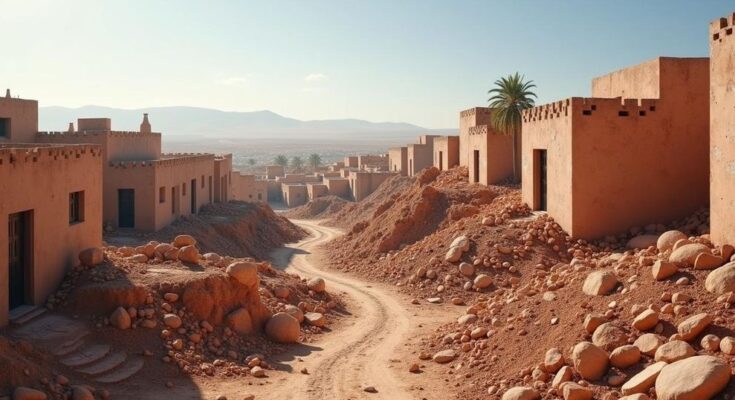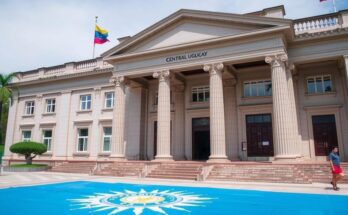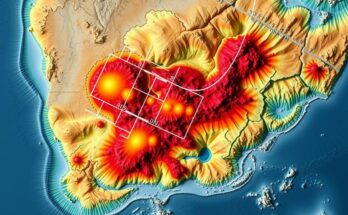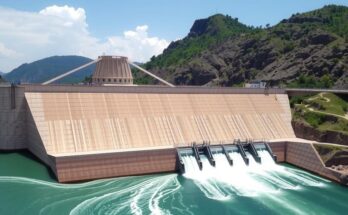The European Investment Bank (EIB) has pledged €1 billion to Morocco for reconstruction following the September 2023 earthquake. The initial €500 million was signed off recently to help rehabilitate vital infrastructures, including schools and hospitals, while enhancing sustainability and resilience against future disasters. Morocco aims to invest $12 billion in the affected provinces over five years, demonstrating a strong commitment to recovery and development.
The European Investment Bank (EIB) has committed to providing Morocco with a loan of €1 billion over the next three years to assist the nation in reconstructing public infrastructure that was severely impacted by the devastating earthquake that struck the Al Haouz region on September 8, 2023. The initial tranche of this funding, amounting to €500 million, was recently signed in Rabat by the Bank in collaboration with the Moroccan Ministry of Economy and Finance. The signing ceremony was attended by representatives from the Ministry of National Education, the Ministry of Infrastructure and Water, as well as the Ministry of Health. This financial support will facilitate Morocco’s reconstruction program, which emphasizes the rehabilitation of essential services such as schools, hospitals, and roads. The program also aims to enhance seismic standards for improved disaster resilience and to incorporate sustainable energy solutions. These efforts are aligned with the EU-Morocco Green Partnership, focusing on effective climate change adaptation and energy efficiency. To streamline reconstruction efforts in the earthquake-affected regions, Morocco has established a dedicated agency responsible for overseeing projects that focus on rehousing displaced individuals and modernizing infrastructure within the six most impacted provinces: Marrakech, Al Haouz, Taroudant, Chichaoua, Ouarzazate, and Azilal. The Moroccan government has set an ambitious goal of mobilizing $12 billion for development initiatives in these areas, which support a population of approximately 4.2 million individuals, over the next five years. The EIB has reaffirmed its commitment to aiding Morocco’s green transition, fostering inclusive socio-economic development, and bolstering resilience against future adversities, particularly those posed by natural disasters.
The recent devastating earthquake in the Al Haouz region of Morocco resulted in significant damage to public infrastructure. In efforts to rebuild and restore the affected areas, the European Investment Bank (EIB) has stepped forward with a substantial financial commitment. Morocco’s reconstruction efforts focus not only on immediate recovery but also on long-term resilience and sustainability, aligning with broader European Union initiatives aimed at climate action and energy efficiency. The establishment of a governmental agency to oversee the reconstruction is intended to streamline processes and focus on the needs of the affected population.
In summary, the EIB’s pledge of €1 billion to Morocco for post-earthquake reconstruction marks a significant step towards rebuilding critical public infrastructure in the wake of recent devastation. This funding is part of a broader push to enhance the resilience of the nation’s infrastructure and sustainable development in line with EU-Morocco collaboration. The creation of a dedicated agency to manage these efforts underscores Morocco’s commitment to addressing the needs of those impacted by the earthquake while paving the way for future disaster preparedness and socio-economic growth.
Original Source: northafricapost.com




